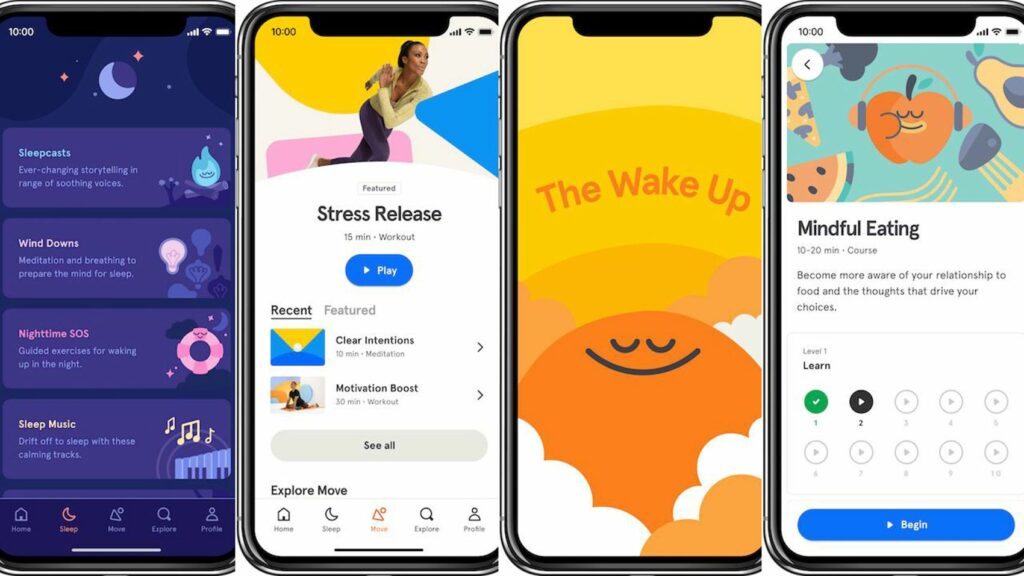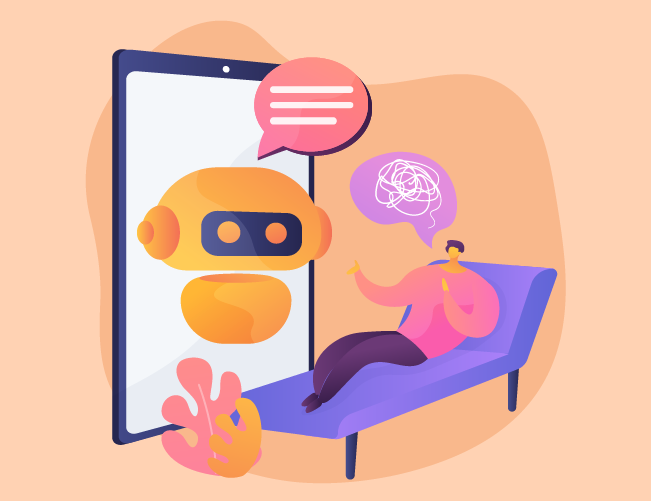Technological devices such as mobile phones, computers, and the internet can provide digital interventions for various mental health-related issues, providing a regular contact point with professionals, reminding patients to take medication, and providing brain training exercises that help to alleviate the symptoms of various mental health disorders.
Digital interventions have shown great promise for numerous mental health disorders. Younger individuals frequently choose online options when seeking healthcare advice. Online counseling can be an excellent initial method of mental health triage, where more serious cases can be referred to more traditional mental health services. There is a significant economic incentive for the widespread adoption of such mental health triage centers, which could improve mental health disorder detection and treatment and streamline existing mental health services, freeing up outpatient clinics and directing patients to where they can receive the most suitable assistance.
Mental health apps
Mental health apps are mobile apps designed to help users improve their emotional well-being, become more mindful, and address common mental health issues. Some mental health apps allow users to access online talk therapy or psychiatric care. Others may help you to begin a meditation practice, cope with stress and anxiety, or improve sleep quality. Available for iOS and/or Android users, mental health apps are typically designed to be used via smartphone or tablet.
The best mental health apps are affordable, user-friendly, and well-designed, with few technical glitches. Many of these apps have unique features that allow you to improve your overall wellness in enjoyable, accessible ways. High-quality therapy apps remove some of the usual barriers to mental health care, while mindfulness apps can help you achieve better focus and productivity.

Headspace
The Headspace app is designed for folks who are new to mindfulness and looking for some guidance. As its tagline suggests, Headspace aims to foster a space where meditation is made simple. Headspace operates as a full-service relaxation solution. It teaches eight helpful techniques derived from Burmese and Tibetan Buddhist traditions and each method is contextualized throughout the different meditations, accompanied by animations that provide clarity. A study conducted at Yale University found that meditation was able to decrease DMN brain activity, so when the brain starts to meander into anxious territory because of new connections that form through meditation, the mind can snap back into a place of calm.

Ai – Robot Therapy
Following the trend of developing practical conversational artificial intelligence (AI), companies have begun to create systems that focus not on the ability to assist individuals with mundane everyday needs but rather to provide health services that would otherwise be much more difficult to access. In particular, psychologists and computer scientists have been working together to produce versions of this technology that play some of the therapeutic conversational roles that are typically saved for human psychotherapists (e.g., offering empathic responses and providing instructions on how to apply well-tested treatments like cognitiv behavioural therapy).
Robot therapists remove many barriers that may otherwise have prevented some individuals from seeking treatment or applying it effectively.
Benfits: Cheaper , Less time consuming, Available on-demand, Able to provide users with access to treatments without having to navigate complex mental health systems